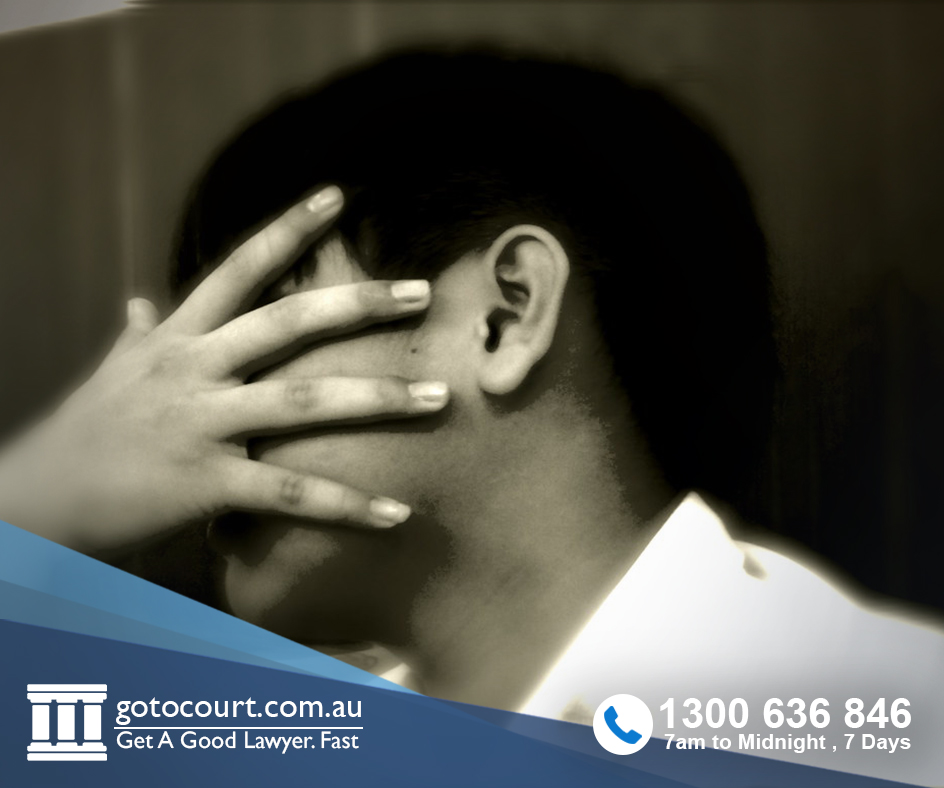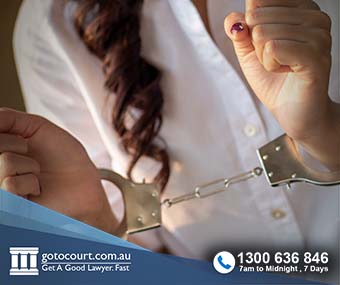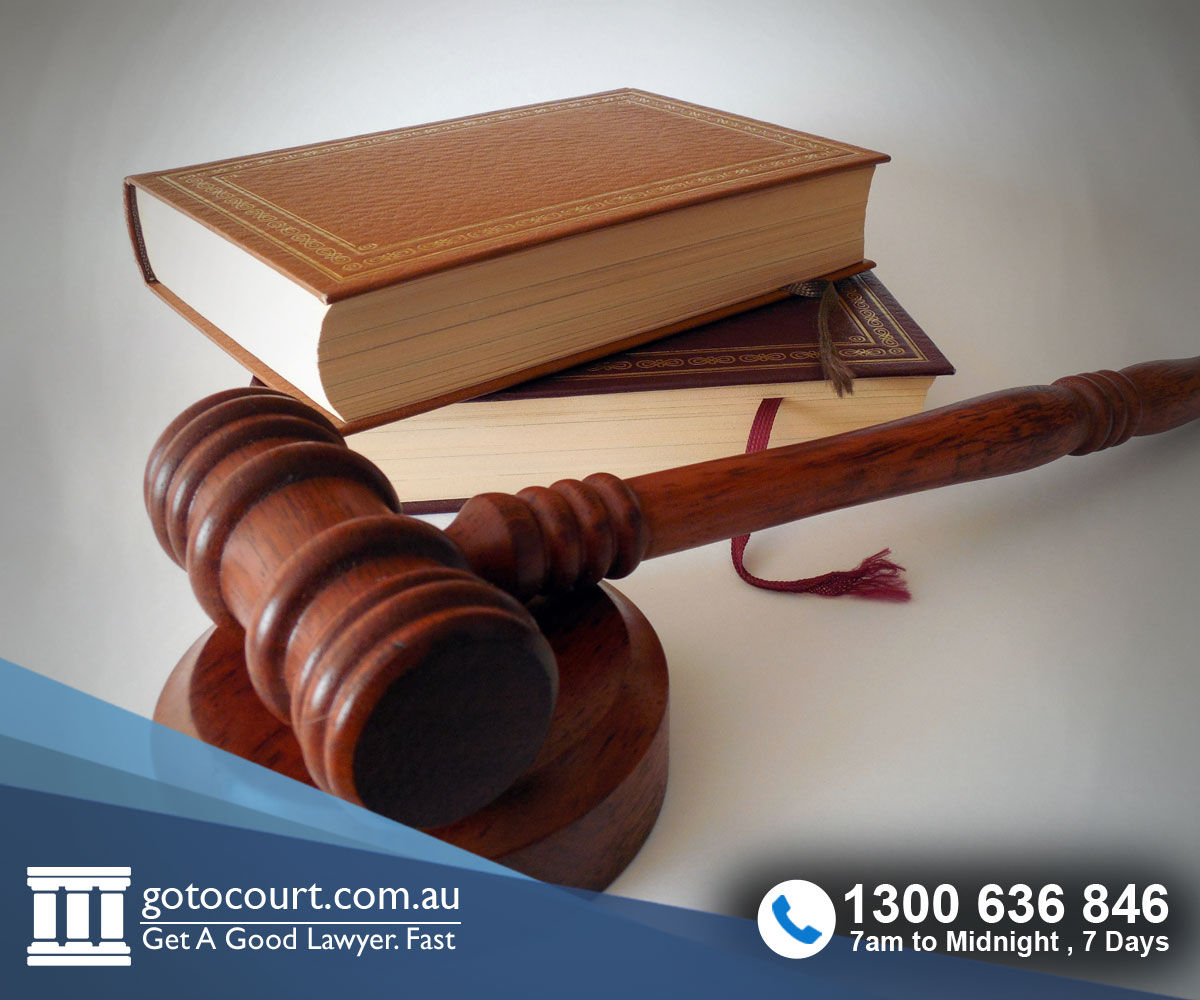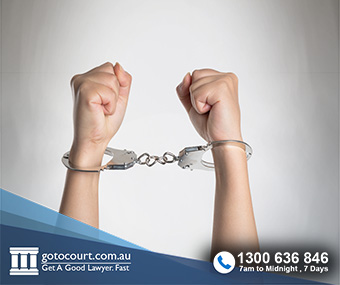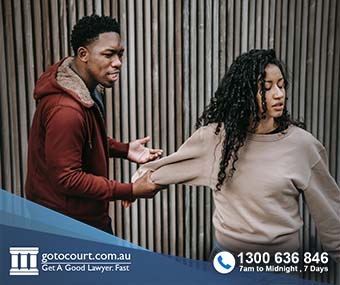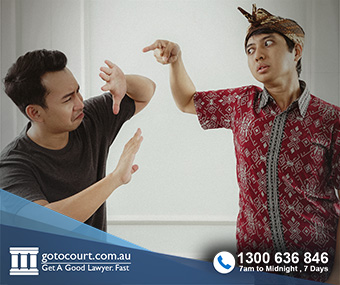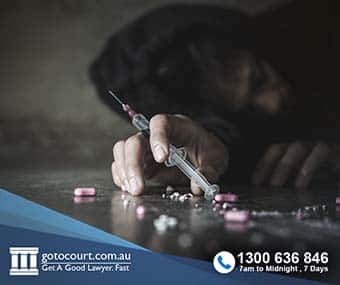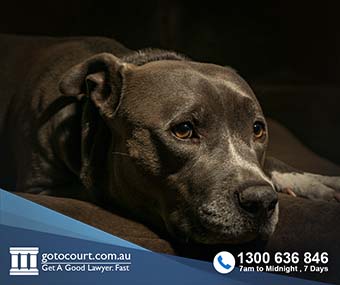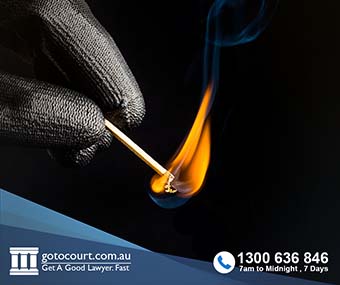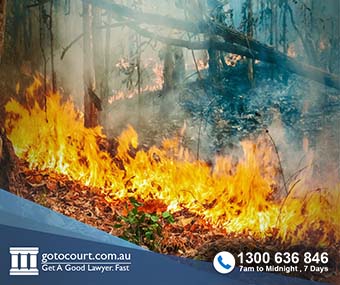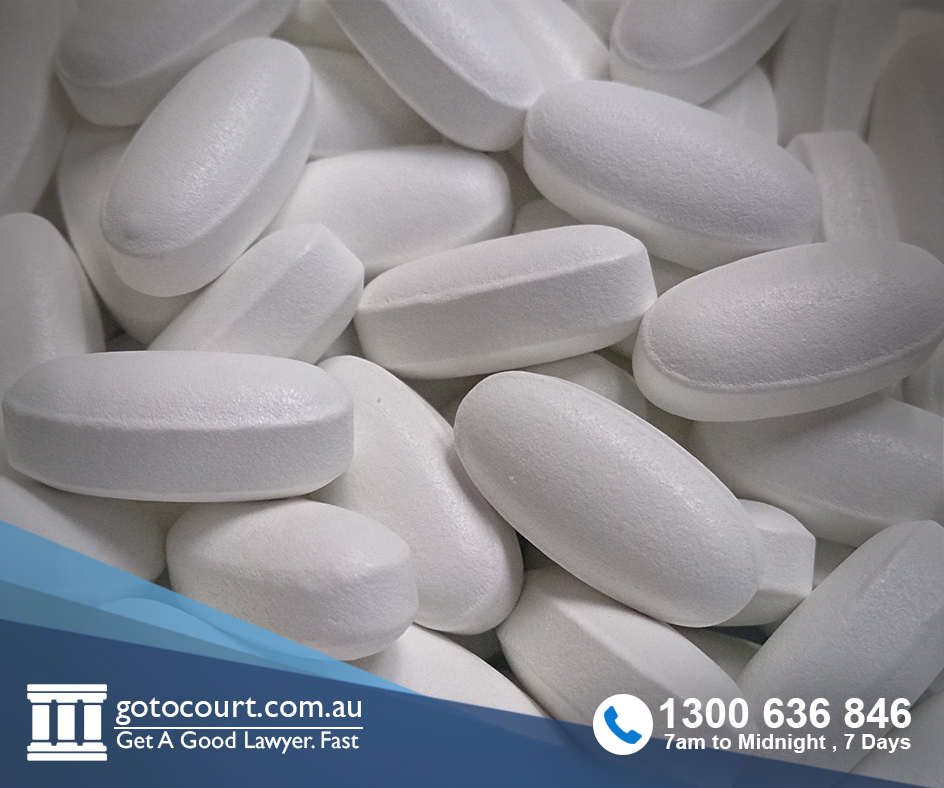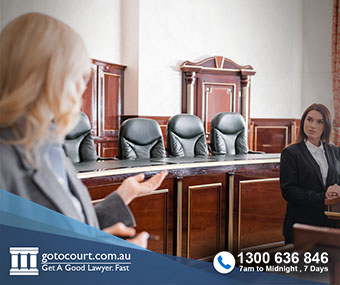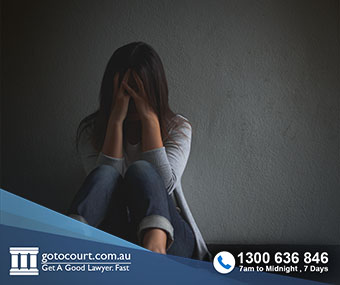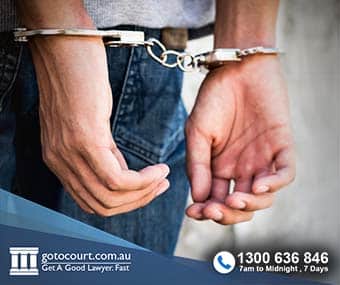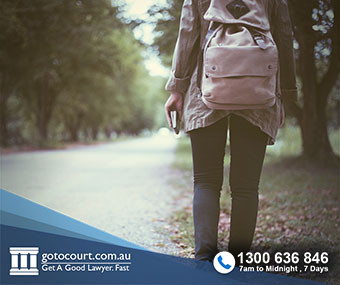Call our lawyers
now
or,
have our lawyers
call you
Murder and Manslaughter (NSW)
Updated on Nov 22, 2022 • 5 min read • 912 views • Copy Link
Murder and Manslaughter (NSW)
Murder is generally considered to be the most serious of all criminal offences. It is closely related to the lesser offence of manslaughter. Both murder and manslaughter are homicide offences, meaning offences involving one person being killed by another. New South Wales also has several other homicide offences, with which a person can be charged as an alternative to manslaughter.
In New South Wales, the partial defence of provocation is available to reduce a conviction for murder to one of manslaughter. Other defences available to murder are self-defence and duress.
The legislation
The laws surrounding murder and manslaughter in New South Wales are governed by the Crimes Act 1900.
Murder
Section 18 of the Crimes Act defines murder as causing another person’s death
- with reckless indifference to human life or
- with the intent to kill or inflict grievous bodily harm or
- in an attempt to commit a crime punishable by imprisonment for 25 years or more.
This definition of murder encompasses the situation where a person kills another person intentionally or recklessly as well as the situation where a person kills another person in the process of committing a serious offence, such as rape or robbery.
Manslaughter
A fatal assault committed in any other circumstances is manslaughter. However an act that is not malicious or for which there is a lawful excuse, does not constitute manslaughter.
Under the common law, a person must have been grossly negligent in order to be found guilty of manslaughter. A manslaughter charge can be defended by arguing that the accused was not grossly negligent, did not do the alleged acts, or by arguing that the accused was acting in self-defence or under duress.
Penalties
The maximum sentence for murder is imprisonment for the term of the offender’s natural life. However, a lesser penalty than imprisonment for life can be imposed for murder.
The maximum penalty for manslaughter is imprisonment for 25 years.
Partial defence of extreme provocation
New South Wales retains the partial defence of extreme provocation. If a person charged with murder is found to have killed the deceased in response to extreme provocation, he or she will be found guilty of manslaughter rather than murder if:
- The accused’s act was in response to conduct of the deceased;
- The conduct of the deceased was a serious indictable offence;
- The conduct of the deceased caused the accused to lose self-control;
- The conduct of he deceased could have caused an ordinary person to lose self-control to the extent of intending to kill or cause grievous bodily harm.
Conduct is not extreme provocation if it is limited to a non-violent sexual advance.
Defences to murder and manslaughter
A number of legal defences can be used to secure an acquittal on a murder or manslaughter charge.
Self-defence
A person is not guilty of murder or manslaughter if they killed in self-defence. This is because the law recognises that a person has the right to act in self-defence from a physical attack or threatened attack. Self-defence includes defence of another person.
When a defendant raises the defence of self-defence, it is up to the prosecution to prove beyond a reasonable doubt that the accused was not acting in self-defence. If the prosecution cannot prove this, the accused must be found not guilty.
For the defence of self-defence to succeed, the accused must have had a reasonable belief that it was necessary to do what he or she did in self-defence. Whether the accused’s actions were reasonable in self-defence will depend on the extent of the threat that was faced.
Duress
A defence to manslaughter is that the accused was acting under duress. A person acts under duress when their actions are performed because of threats of death or really serious injury that would cause a person of ordinary courage to yield.
If the defence raises the defence of duress, the prosecution bears the burden of proving that the accused was not acting under duress.
Other defences that may be advanced in relation to a manslaughter charge are: automatism and involuntary intoxication.
Other homicide offences
When a woman kills her baby (aged under twelve months) because the balance of her mind is disturbed as a result of giving birth to the child, she can be found guilty of infanticide. This offence can be charged as an alternative to manslaughter and carries the same penalty as manslaughter.
Section 25A of the Crimes Act makes it an offence, punishable by imprisonment for up to 20 years, to assault another person by hitting them, causing the death of the other person. This is known as ‘one punch manslaughter.’ A person can be found guilty of this offence regardless of whether or not the death was reasonably foreseeable.
Which court will hear the matter?
Charges of murder and manslaughter are indictable offences, which can only be heard by the District Court or Supreme Court.
If you need legal advice on a criminal law matter or any other legal matter please contact Go To Court Lawyers.

Affordable Lawyers
Our Go To Court Lawyers will assist you in all areas of law. We specialise in providing legal advice urgently – at the time when you need it most. If you need a lawyer right now, today, we can help you – no matter where you are in Australia.How It Works







1. You speak directly to a lawyer
When you call the Go To Court Legal Hotline, you will be connected directly to a lawyer, every time.


2. Get your legal situation assessed
We determine the best way forward in your legal matter, free of charge. If you want to go ahead and book a face-to-face appointment, we will connect you with a specialist in your local area.


3. We arrange everything as needed
If you want to go ahead and book a fact-to-face appointment, we will connect you with a specialist in your local area no matter where you are and even at very short notice.

